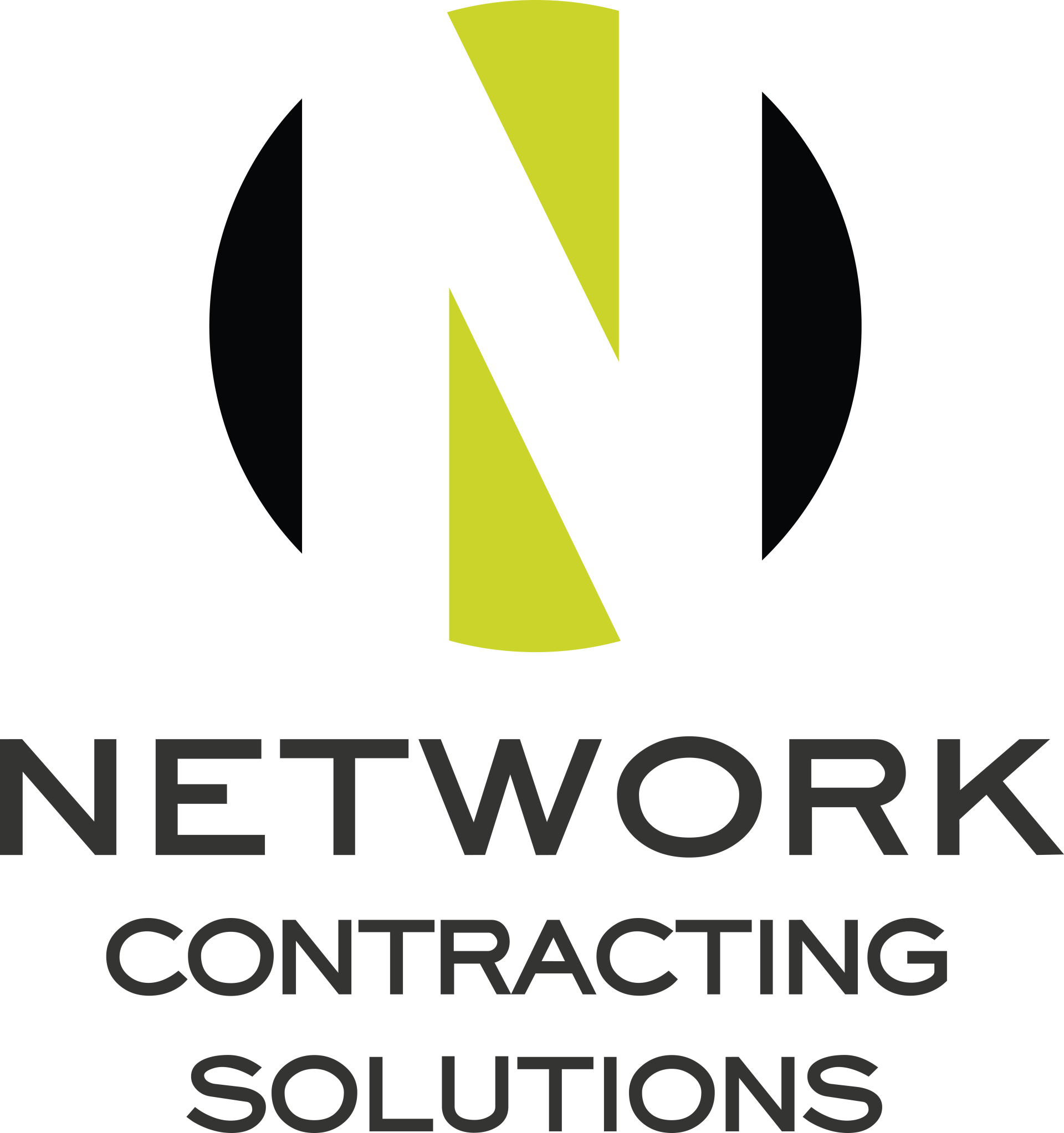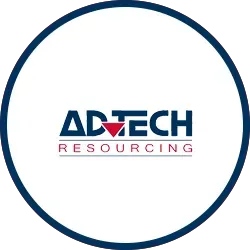By Tarun Nimmagadda; Founder and Co-CEO at Mutual Mobile
Keeping talent happy and engaged is a challenge for all companies, but when it comes to tech companies, the challenge is even greater. Most of your key employees find job fulfilment in seeking different challenges, developing new skills, expressing their creativity, and witnessing their contributions influence the company. All wonderful motivators, but it is extremely hard to continually deliver on these demands as an employer.
Today, the average person changes jobs 10 to 15 times in their career. Losing your talent is detrimental to efficiency given the drain it is on your company to constantly be training and developing new staff. How do you keep talent engaged and motivated so your investment in them and their investment in your company pays off?
As a company that has grown from five young entrepreneurs on a college campus to 250+ employees, we know the right talent can push the boundaries of a company. If your company wants to hire, develop, and retain the best tech talent, take a look at these key strategies that allowed us to continue cultivating the talent drive and engagement behind our innovative success.
Research, test, iterate on company culture
Just as a company should do when launching a product, we take a data-driven approach to evaluate and discover needs, and then effectively and efficiently answer those needs. Previously, feedback gathering solely depended on yearly reviews and proactive employee-manager discussions. While this method provides a certain value, it tends to stay within departments, siloed within disciplines, and leans heavily on managers who care to cultivate the culture.
As growth takes off, more people with different backgrounds and expectations join the team, which requires a long, hard look at the culture you want to establish. For the first time, we had to consciously and purposefully evaluate and plan for culture – what does it mean, how do you implement it, and how do you protect it?
We want our employees' input so we ask for it. We poll the audience and open the line of communication, cultivating a transparent, safe environment for feedback. We conduct ongoing focus group interviews to survey positive and negative input on culture-related activities, business direction, and work production. The information gathered from the focus groups is used to guide the company's direction and keep a pulse on culture, catalysing many of our programs.
For example, our employees expressed they wanted to enhance their skill set, both tech and professional. Allotted professional development budgets for each employee is a good start, but they don't provide employers much control or employees much motivation. We realised this would require additional resources and planning, and rolled out company-hosted professional development activities.
The Innovation team lined up internal hackathons that allowed employees to experiment and test the latest trends. We also started a monthly Mutual Mobile university program. Specialists such as PR firms conduct public speaking trainings to expose employees to areas they may not otherwise have visibility into, allowing them to develop skills that could be applied immediately to business pitching and event presentations.
Create room for people to be curious and play
For many developers and designers, their work is also their hobby. We would overhear employees talk over lunch about projects they worked on over the weekends. Rather than see their outside-of-work ideas and passion projects as distractions, we welcome them. We encourage them to be open about the work they want to do, bring in their projects, nurture their innovative creativity, and share their ideas in candid discussions with their teams and management.
To balance play and work, the biggest challenge is freeing up time and investing resources in innovation activities like professional development events and supplying the latest technologies to experiment with. When planning for the quarter, we take into consideration non-billable time for employees to participate in industry and company-wide hackathons.
This also means building out delivery schedules with flexibility to accommodate the "unknowns." For us, this means not only planning for unexpected sick days and time off but also for innovation opportunities that come up. Of course, budget planning needs to account for allocations toward emerging tech supplies such as 3D printers or light bulbs for people to take apart and build prototypes for smart home business pitches.
Fuelling employee-infused innovation doesn't have to take away from business growth and sales. As a matter of fact, bottom-up innovation can drive a company's next big business offering. For example, an employee who had trouble sleeping wanted to figure out a way to contextualise sleep data, which he began working on in his spare time. From there, he shared it with the company and the entire Mutual Mobile team got involved to create a quantified-sleep prototype that was used to reach out to customer prospects. What started as a pet project developed into a new business opportunity that helped us win a new client.
Don't pigeonhole talent into their roles
A common reason people leave companies is because they want to evolve or try a new role, but their employer has a tough time seeing them in another role. To retain smart, passionate people, be flexible in taking chances and letting them try out roles and activities outside their typical responsibilities, or even switch departments entirely.
Our process to facilitate a position transfer comes down to accessibility and honesty. The employee lets their direct manager know of their area of interest, allowing the conversation to start with the other team manager.
From there, the employee takes initiative to understand what would come with the new role and department. We find opportunities for pilot projects, allowing the employee a certain amount of time to participate and test their interest, skills, and fit for that new position and team. If that goes well for both parties and there is a need, both managers, new and old, with the employee will discuss transition and fulfilling the previous position.
During this course, setting expectations is key and considerations for staffing, budget, and team dynamics must be made. If a transfer can't be accommodated immediately, managers and employees continue to keep the dialogue going and progressing via projects. As soon as an opportunity presents itself, interest will be re-evaluated and moved forward.
To keep talent energised and able to try new things, short-term opportunities also allow them to dip their toes into different areas of work. We recently shut down our entire office for Blend Day, an innovation hackathon, where 160 employees brainstormed and hacked employee-sourced ideas ranging from connected home, wearables, toys, and more. Employees also had the chance to play different roles from their everyday job description.
Designers coded and developers learned how to market an app. Many of the concepts and prototypes built will be leveraged to proactively pitch prospective customers and share forward thinking with existing accounts. As a result of Blend Day, we saw a high level of interest from participants to host another event, as they were able to step outside of their everyday work life and influence business direction with 13 product prototypes generated.
For the original article, please visit Forbes.com :










